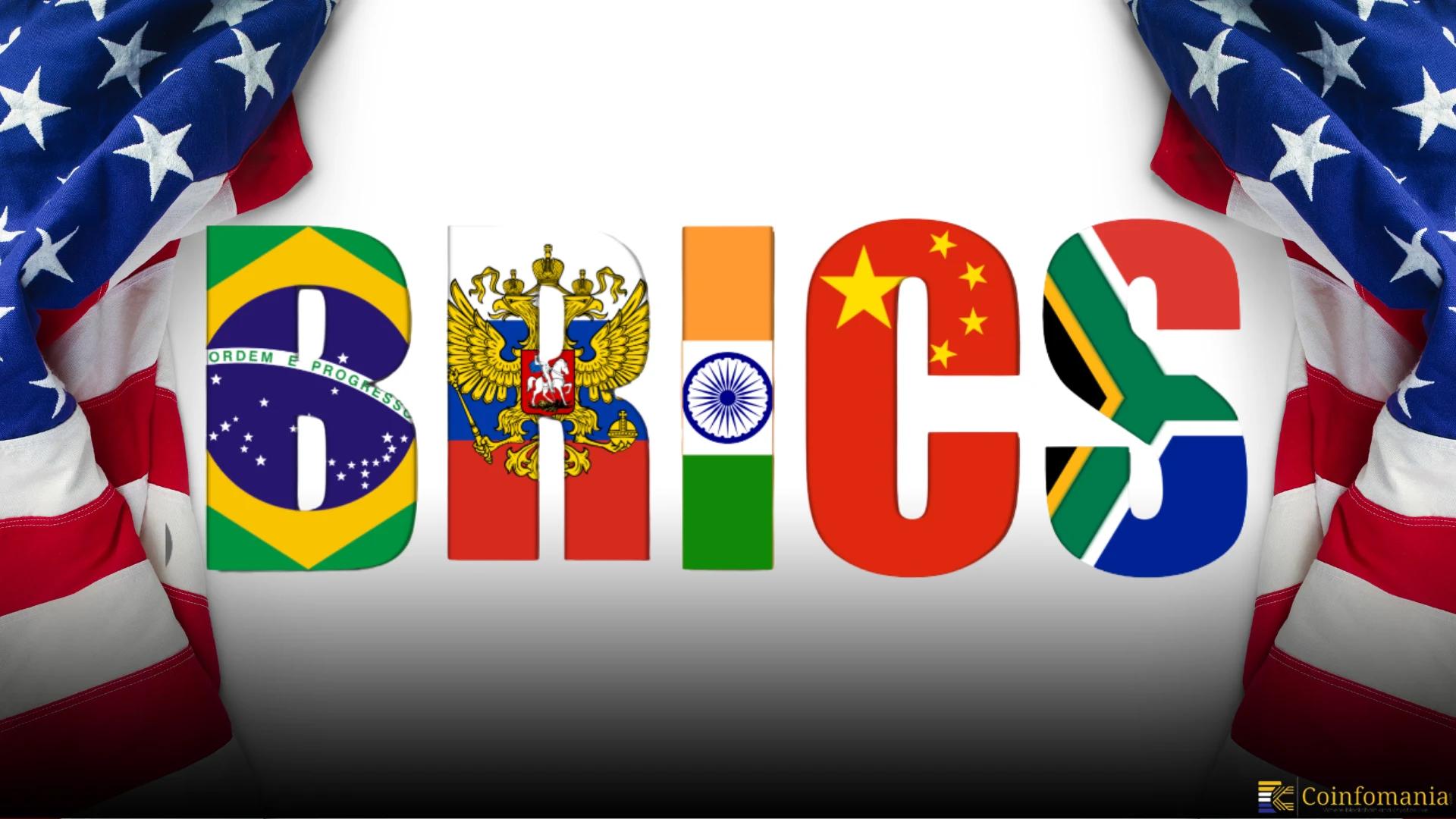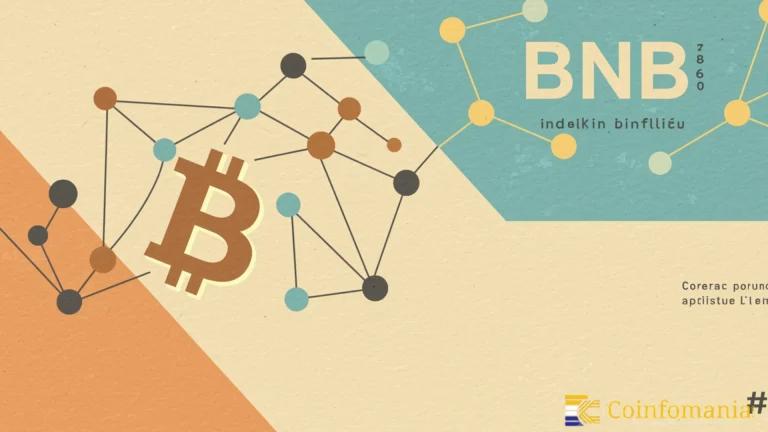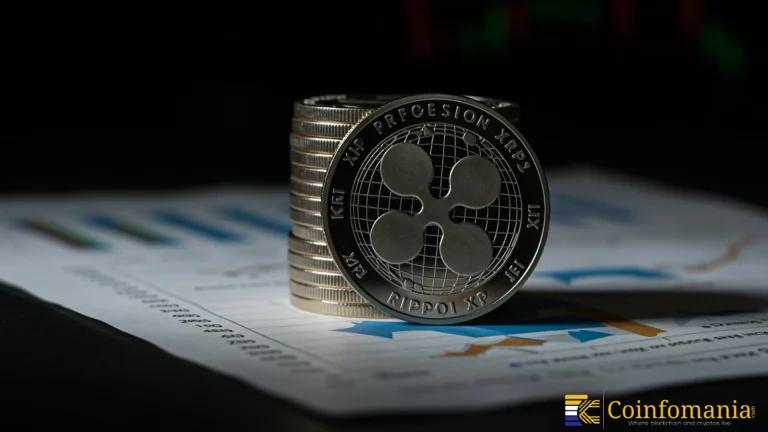BRICS Set for Major Growth as US Tariffs Push Countries to Seek New Alliances
BRICS is expanding rapidly as countries seek alternatives to U.S.-led systems, with new members and growing financial cooperation reshaping the global economy and challenging Western dominance.

The BRICS group—comprising Brazil, Russia, India, China, and South Africa—is expanding rapidly as more nations look for alternatives to the U.S.-led global financial system. This growth is partly driven by the economic pressures created by U.S. tariffs, which have made countries rethink their reliance on the U.S. dollar and Western financial structures.
BRICS Welcomes New Members
In recent months, Egypt, Ethiopia, Iran, and the United Arab Emirates have joined BRICS, marking a significant expansion of the alliance. This addition of new members helps BRICS become a stronger and more influential group, both economically and politically. With these new nations on board, BRICS now represents over 40% of the world’s population, and its power in global trade is growing.
As more countries from different regions, like Africa and the Middle East, join the group, BRICS is strengthening its role as a major player in the world. These new members bring valuable resources and strategic importance to the alliance, showing that countries are increasingly turning away from Western influence and looking to build new economic partnerships with BRICS.
US Tariffs Push Countries Toward BRICS
The decision by the U.S. President Donald Trump to threaten high tariffs on BRICS countries has only accelerated the shift away from U.S.-dominated financial systems. These tariffs, which could impose steep taxes on imports, have pushed countries to look for new ways to trade without relying on the U.S. dollar.
In response, BRICS nations are working on creating their own systems to facilitate trade that don’t depend on the U.S. or the dollar. By using local currencies or alternative methods, countries in BRICS can trade more freely without being affected by the volatility of U.S. policies. This movement is not just about avoiding tariffs—it’s about gaining more economic independence and strengthening the group’s global standing.
China’s Key Role in BRICS Expansion
China, the largest economy in BRICS, has been a major player in helping to ease the impact of U.S. tariffs on the group. By introducing zero-tariff policies for the least developed countries with ties to China, the country has helped build stronger economic relationships within BRICS. This support also reflects China’s broader goal of reducing global dependence on the U.S. and creating a more balanced economic order.
China’s leadership within BRICS also helps push the group toward developing new financial systems, including alternatives to the U.S.-led global payment network, SWIFT. This push for new economic systems shows that China is committed to making BRICS a viable alternative to Western financial dominance.
The Future of BRICS
Looking ahead, BRICS plans to continue growing and increasing its influence on the world stage. The group is working on creating financial systems and payment methods that don’t rely on the U.S. or its dollar. Additionally, BRICS is focused on resolving regional conflicts, promoting economic cooperation, and ensuring greater stability for its member countries.
As BRICS grows and attracts more members, it’s clear that the group is becoming a stronger force in the global economy. By offering a viable alternative to Western financial systems, BRICS is reshaping the future of global trade and positioning itself as a powerful counterforce to U.S. dominance.
Follow us on Google News
Get the latest crypto insights and updates.
Related Posts

BNB Hack Buenos Aires Kicks Off, LATAM Developers Build the Future of Web3
Triparna Baishnab
Author

$10B Short Squeeze Looms as Bitcoin Teeters at $96K
Triparna Baishnab
Author

Ripple Launches Major XRP Airdrop as Community Growth Accelerates
Triparna Baishnab
Author